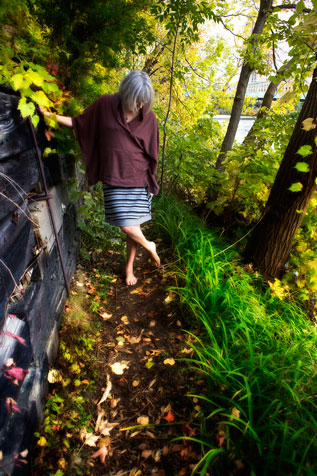
Selected Poems
- Thirteen Months, Beloit Poetry Review
- Thirteen Months, Best American Poetry
- The Other Self, The Missouri Review
- In Black and White, Vimeo Collaboration with Marcia and Chris Pelletiere
- Digestion, Field
- Body Breakers, Rhino 2014
Interviews
Excerpt from New Non-Fiction Work
Relativity and Me (First published in The St. Paul Almanac, 2023)
Though I’ve read the equivalent of Relativity for Dummies, I don’t understand Einstein’s famous theory. Massive objects out there somewhere are warping deep space causing light to bend and time to swell. Einstein described it in 1905 in his General Theory of Relativity, adding during an interview that the idea was his “happiest thought.” Maybe some of his glee came from bending minds.
Recently I read about some present-day astronomers who use the Hubble Space Telescope to watch a supernova star blow itself to smithereens again and again. My head exploded. This news begged so many questions. Would I watch something from the past again and again? Would it be the past if I could?
I’d revisit a few past events given the chance. I’d choose earthly historical occasions, most of them personal. I’d spy on my genetic predecessors, examine my parents’ marriage and my own two marriages and divorces trying to discern how the women in my family, coupled and never coupled, shaped partnerships during their respective smidgeons of time on earth.
I would do this to see how my “me-ness” regarding marriage developed, the better to understand why I distrusted cultural institutions I considered “not me.” And what of my “me-ness” is genetic? What arose from how behavior and environment affected my genes as they tried to express themselves?
I would revisit the past, yes, but would I relive parts of my life? No. For this clarity I thank Thornton Wilder and his play Our Town, assigned by my high school English teacher. It’s stuck with me for decades. I still cry at the scene where the character Emily Webb, who has married at seventeen and died in childbirth at twenty-six, watches her funeral from the grave then wants to go back and relive a moment from her life.
Who can blame Emily for not wanting to be dead? Aware of her family grieving beside her casket, she asks her late mother-in-law, who is with her on cemetery hill, whether a person can bend time and go back. Mother Gibbs, long over nostalgia for bodily life, says, “Don’t do it.”
So, Emily begs the Stage Manager, a character in the play who exists outside the space/time continuum. He advises her not to try it because it will hurt. “You not only live it, but you watch yourself living it,” the Stage Manager cautions. Emily insists. He relents, with a caveat. “Choose the least important day in your life. It will be important enough.”
Emily chooses a day she thinks didn’t matter much—her twelfth birthday, February 11th, 1899. It’s dawn, icy, a typical morning about four years before Emily and George Gibb, her classmate, neighbor, and future husband will have a talk during which they realize they love each other.
By their wedding day they are troubled. They admit to each other their fears about marriage and children. It’s then the audience hears the Stage Manager’s theory of marriage. “Most everybody in the world climbs into their graves married,” he says. “Yes, people are meant to go through life two by two. Tain't natural to be lonesome.” I’ve never been sure of this statement though. Is it truly human nature to pair up for life?
On many occasions since I’ve watched Emily become twelve again, this time able to perceive her life with the awareness time and death lend. Dismayed and in pain, she notices how tender moments went by unnoticed. Turning to the time-warping Stage Manager she pleads to return to her grave but hesitates. “Wait! One more look.”
This time Emily poignantly says good-bye to living. Turning again to the Stage Manager she wonders, “Do any human beings ever realize life while they live it...every, every minute?”
A pause. “No,” he says. “The saints and poets, maybe—they do some.”
Honors
Anthologies
- The Power of the Feminine I Vol 2: Poems from the Feminine Perspective (ThreshPress Midwest, 2024)
- The Best American Poetry 2011. Scribner, 2011.
- Another and Another: An Anthology from the Poem-a-Day Grind. Bull City Press, 2012.